17 Pepsi, Coca-Cola Sodas No Longer Sold - Newsweek
Be it Coke's classic refreshment or Mountain Dew's jolt of energy, many sodas are here to stay. But—alas—that's not the case for many people's favorites.
We can all get nostalgic for certain soft drinks that are no longer on the shelves. So here's an ode to those great products that fell by the wayside.
Take a look back at these sodas discontinued in the United States.
TaB
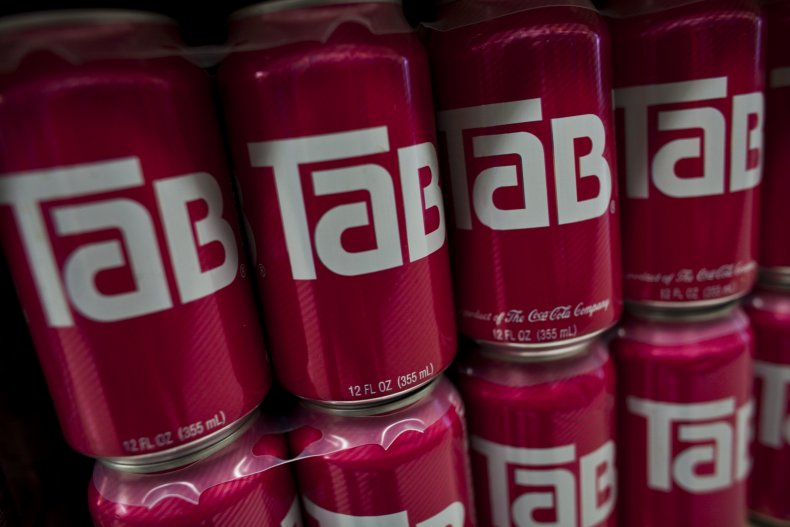
TaB was produced for 58 years before it was discontinued by Coca-Cola in December 2020. Introduced in 1963, TaB was Coca-Cola's first diet drink and was a massive hit.
Popularity dwindled with the introduction of Diet Coke in the 1980s, but it continued to boast a small but devoted following.
Eventually, Coca-Cola announced TaB was among the "underperforming products" it was retiring.
Variations of TaB released over the years included Root Beer, Lemon-Lime, Ginger Ale, Black Cherry, Strawberry, Orange, a clear cola, a caffeine-free version, and TaB Energy, which was produced in 2006 and was a different formula to the original drink.
New Coke
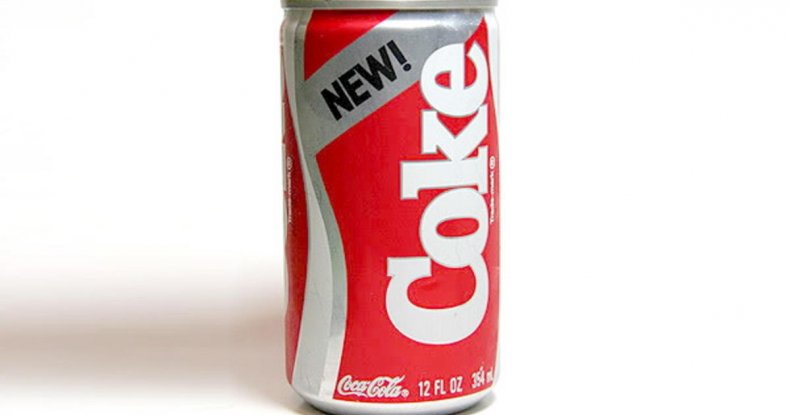
In 1985, Coca-Cola was losing sales to its Pepsi and other rivals, so decided to switch up the formula of their trademark cola, branding the new drink "New Coke."
However, devoted Coke drinkers were not impressed. The backlash was so fierce that soon the original recipe was reintroduced as Coca-Cola Classic, and New Coke was marketed separately (later being called Coke II).
Considering sales of the classic Coke increased after the product launch, there was no real point of having New Coke, and in 2002, it was announced that Coke II was being discontinued.
The launch and subsequent demise of New Coke is often referred to as one of biggest marketing disasters in U.S. history.
Pepsi Blue
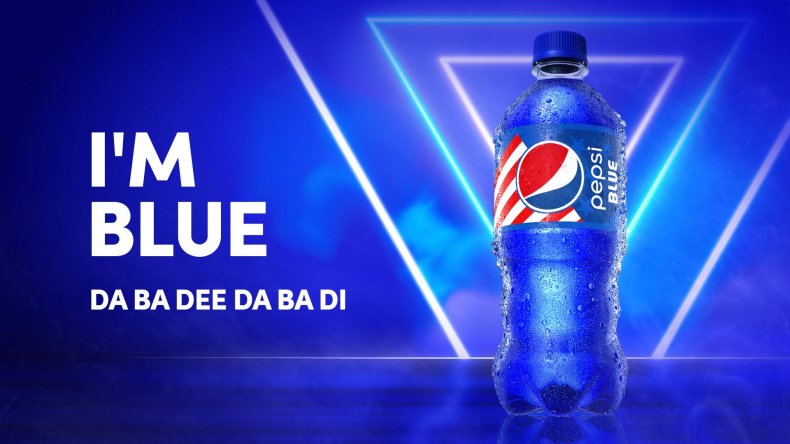
Here for a good time, not a long time.
The Sonic-coloured drink may look a bit off-putting, but the "berry cola fusion" drink was coloured that way on purpose to entice teenagers.
Although PepsiCo put a lot of effort behind the launch, enlisting stars like Britney Spears and Papa Roach for advertisements, it wasn't much of a success, and after being launched in 2002, the drink was discontinued in 2004.
Pepsi Blue actually made a limited return to American shelves in May 2021.
Crystal Pepsi
Another fizzy drink that messes with the mind, this soda introduced in 1992 by PepsiCo was the standard Pepsi recipe, but clear.
While the drink was initially a success, the introduction of TaB Clear from Coca-Cola torpedoed both clear drinks, and two years later, Crystal Pepsi was no longer sold.
However, fans can hold out hope for another re-release, after numerous limited returns for the soda over the years.
Sprite Remix
Sprite Remix was introduced in 2002 before being discontinued three years later.
The caffeine-free sodas were based on Sprite but were far from lemon-lime, instead with multiple different flavours different to the original, including Sprite BerryClear Remix and Sprite Aruba Jam Remix.
Tropical Remix, discontinued in 2005, was reintroduced as Sprite Tropical Mix in 2016.
Pepsi Fire
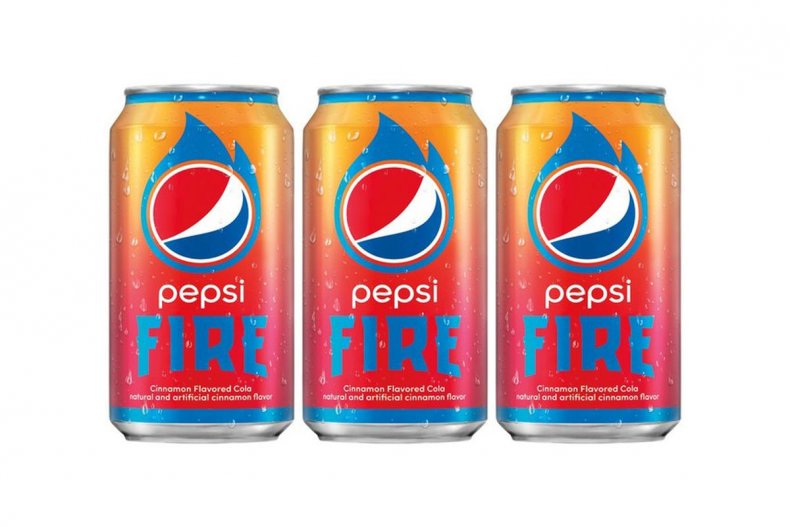
Sodas launch flavour twists on the original all the time. In 2004, PepsiCo introduced Pepsi Fire, which was spiked with cinnamon.
Perhaps a cola-cinnamon combo was far too sweet for even soda-lovers, and the drink lasted only a year.
Pepsi Fire was brought back for a limited time in 2017, but the red-brown drink has been discontinued once more.
7 Up Gold
You know 7 Up as a lemon-lime beverage, but in 1987, they decided to get into the darker soda business with 7 Up Gold, a dark spiced soda similar to a ginger ale.
The drink's slogan was "Never had it, never will"; that appeared to be a reference to caffeine, but the drink did actually contain it.
It all proved too confusing for customers and it was discontinued in 1989.
dnL
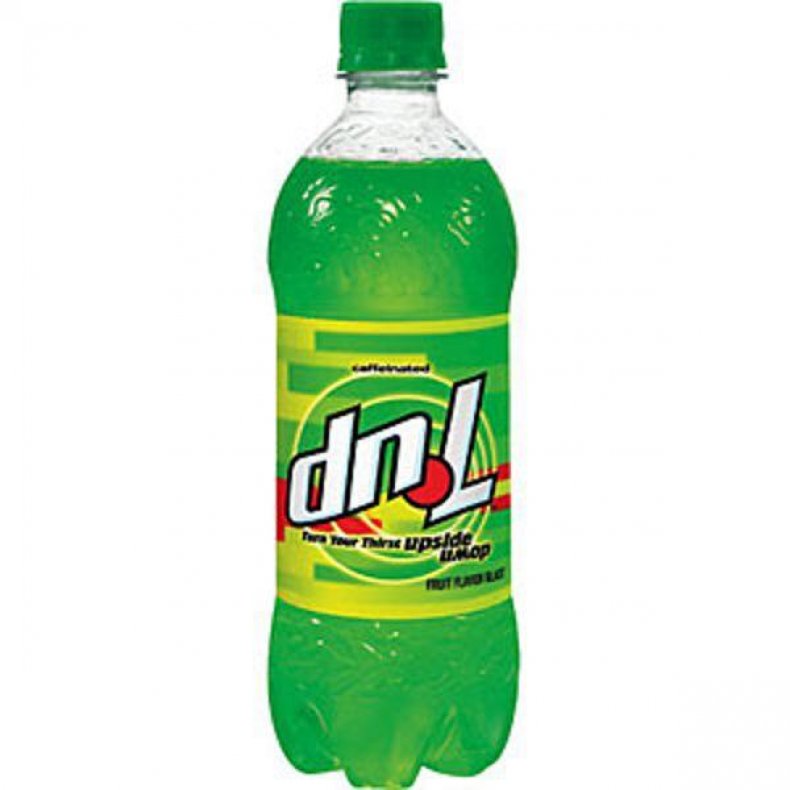
Quite literally tipping 7 Up on its head, dnL was supposed to be the polar opposite of the original; hence, its name being 7 Up flipped upside down.
While traditional 7 Up was colourless, caffeine-free and in a green bottle, its new counterpart was bright green, contained caffeine and came in a clear bottle, while it had a stronger citrus flavour, leaning towards the lime over lemon.
Introduced in 2002, it was discontinued in 2006 in favour of the 7 Up Plus brand.
Vault
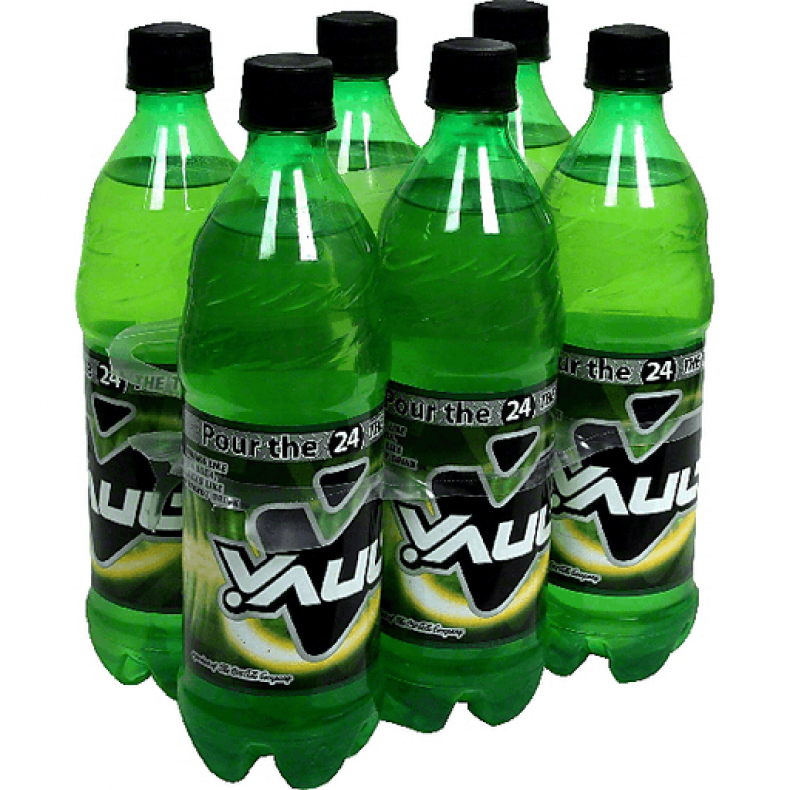
Essentially Coca-Cola's answer to Mountain Dew.
Vault was an ultra-caffeinated lemon-lime soft drink that promised to "drink like a soda, kick like an energy drink".
The energy drink soda hybrid was launched in 2005 and went on to have several flavours, including grape, peach and Vault Zero, and Code Red, a berry-flavoured version with guarana.
Despite its popularity, however, Vault's run came to an end in 2011, when it was discontinued in favour of the relaunched drink Mello Yello.
Surge
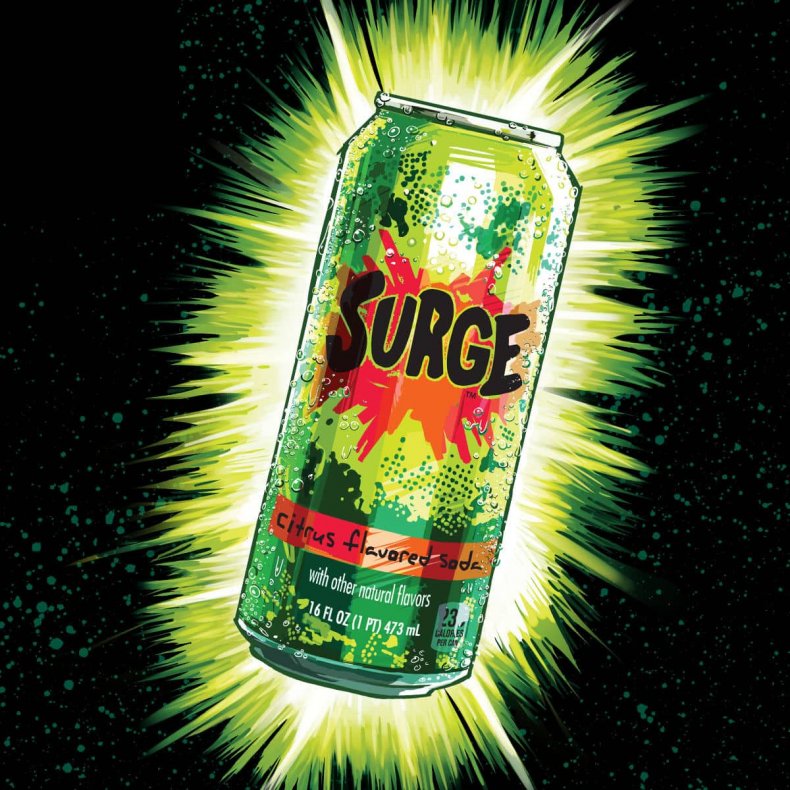
Similar to Vault, Surge was another one of Coca-Cola's attempts to rival Mountain Dew, and was citrus-flavoured, brightly coloured and marketed as an edgy and extreme soda.
After being a huge success in Norway in 1996, it was released to the American market the following year, and it established a devoted fanbase.
However, lagging sales meant that it was discontinued in 2003.
This hasn't deterred fans though. The 'Surge movement' on social media managed to get the soda brought back to shelves in 2014 and 2015.
For now, you can't buy Surge from a shop, but it is available from Burger King Coca-Cola Freestyle machines as a fountain drink.
OK Soda
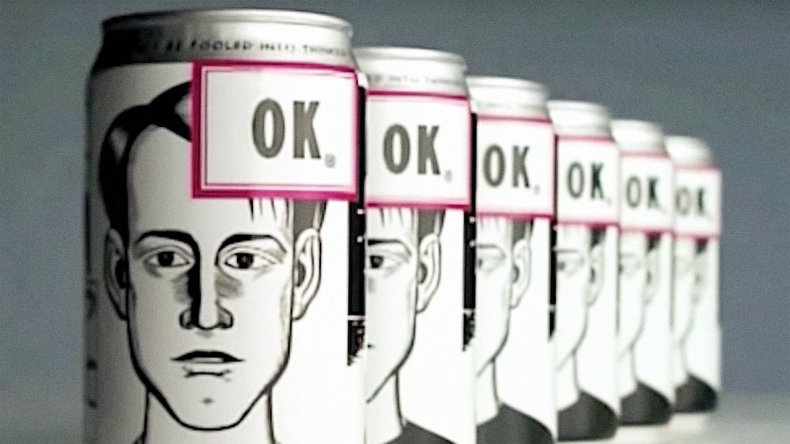
OK Soda only lasted two years, being discontinued in 1995, but the citric cola will be best remembered for its unique advertising campaign.
Coca-Cola chose to capitalise on the cynicism of Generation X and was transparent about manipulating their target audience.
The can was grey, instead of Coke's usual red, and featured drawings of faces from Ghost World cartoonist Daniel Clowes and Black Hole cartoonist Charles Burns.
As for the name? Coca-Cola's special projects manager Brian Lanahan told Time magazine in 1994: "It underpromises. It doesn't say, 'This is the next great thing.' It's the flip side of overclaiming."
Coca-Cola Blak
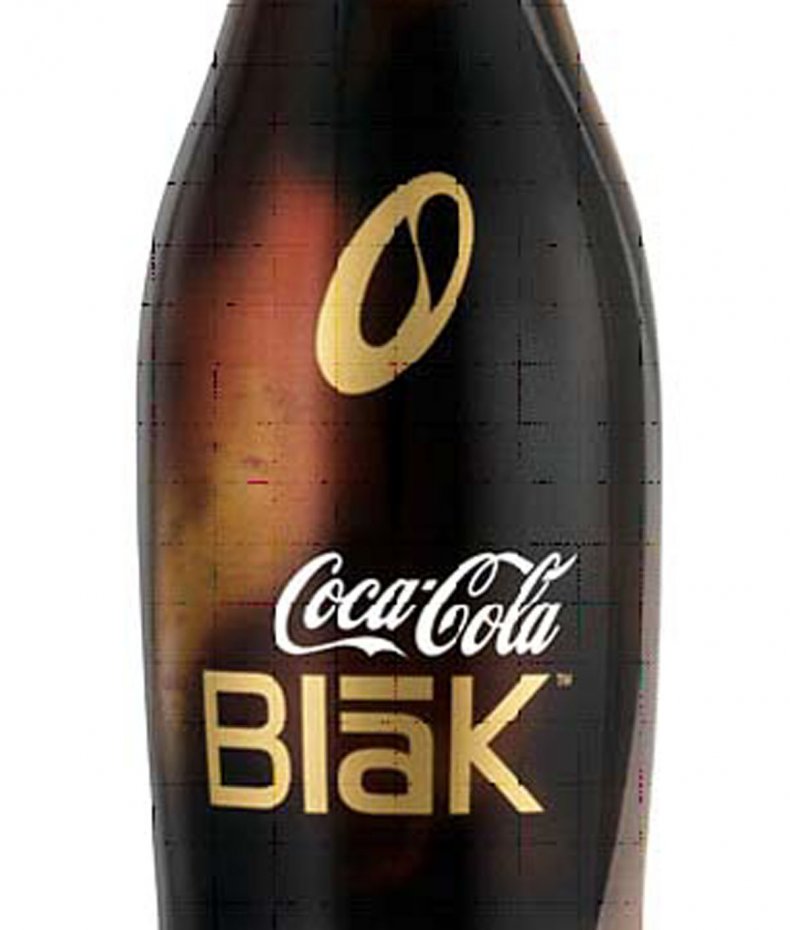
If you've ever taken a sip of Coke and thought "needs more caffeine," Coca-Cola Blak was the drink for you.
The coffee-flavoured cola was launched in 2006, but it turns out people didn't really want coffee with their Coke, and it was discontinued a year later.
Yet a new version of Blak is back on the shelves; Coca-Cola with Coffee was launched in the United States back in January.
Coca-Cola Black Cherry Vanilla
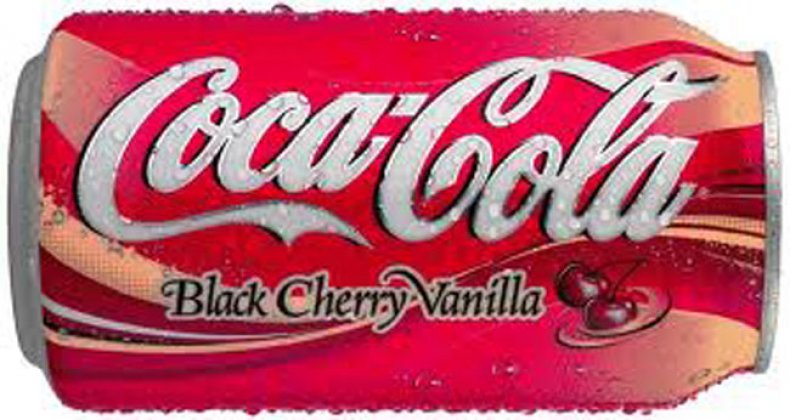
There was a great appetite for Coke mixed with vanilla in the mid-noughties, but unfortunately that was what led to the demise of Coca-Cola Black Cherry Vanilla as well as its rise.
The soda was released in 2006, alongside a Diet version, to replace Coca-Cola Vanilla, which was suffering from poor sales.
But it seems the addition of cherry was too much for vanilla lovers and in 2007, Black Cherry Vanilla was discontinued in favour of the return of Vanilla Coke.
Pepsi Twist
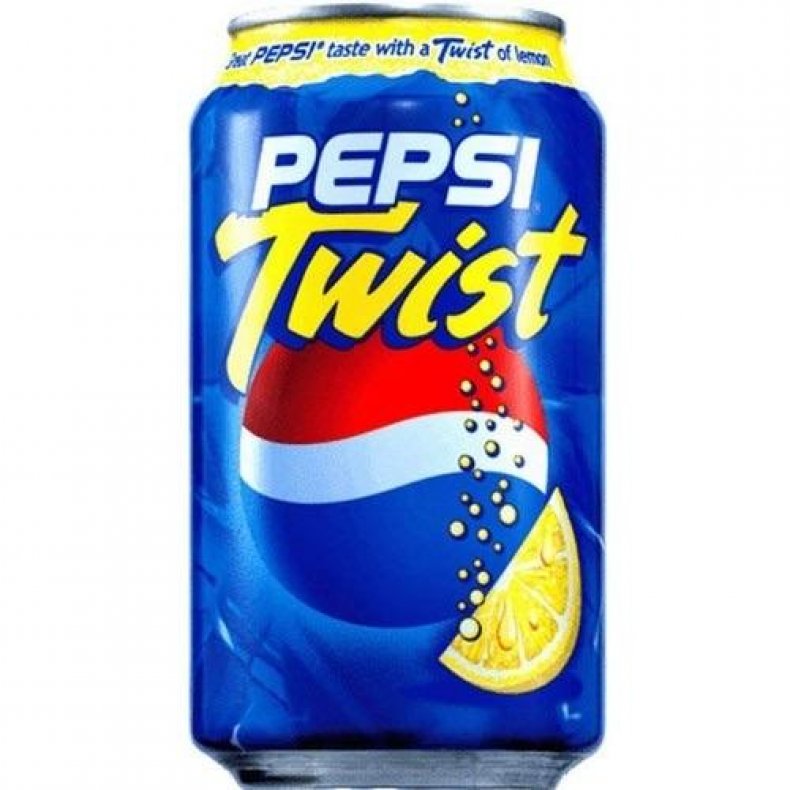
Pepsi Twist—a lemon flavored cola—was introduced with a big promo push in 2000.
Britney Spears starred in advertisements, the drink featured in a promotion with Austin Powers Goldmember, and during the 2003 Super Bowl, Ozzy, Jack, and Kelly Osbourne, Florence Henderson, and Donny and Marie Osmond starred in a commercial for the lemony drink.
But things soon went sour; Pepsi Twist was quietly discontinued in 2006.
Josta
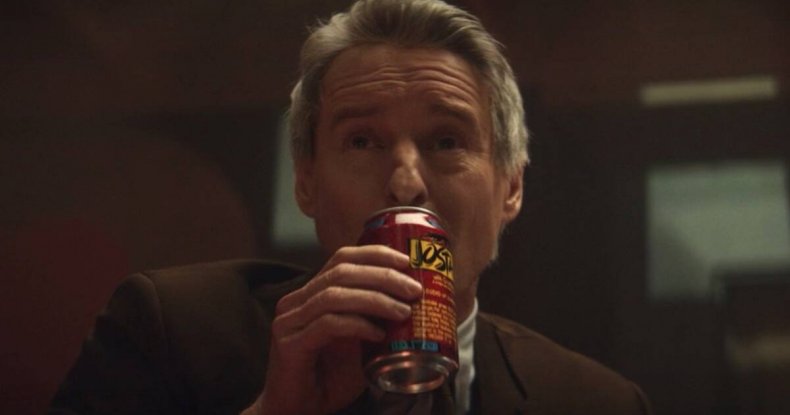
Josta, flavoured with guarana, was the first ever energy drink to be launched by a major American beverage company when it hit the shelves in 1995.
However, four years later, Pepsi pulled the caffeinated energy drink from its line.
If you didn't get to try it the first time around, you may recognise the can after it popped up in the Disney+ series Loki.
Slice
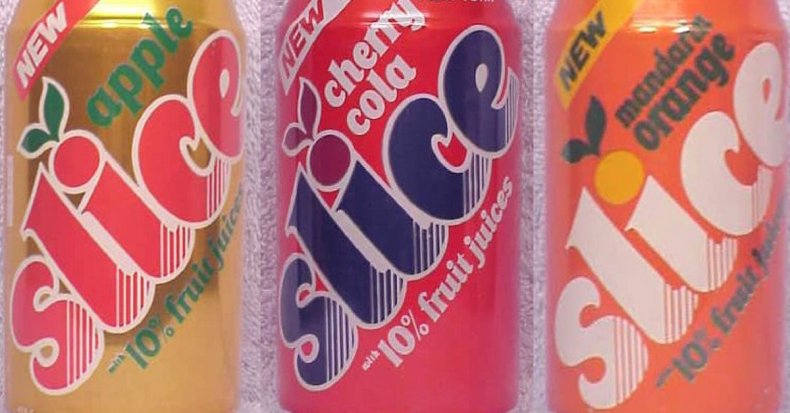
Slice, PepsiCo's fruit-flavored soda line, kicked off in 1984 with a lemon-lime drink containing 10 percent fruit juice, in a bid to rival Sprite and 7 Up.
Slice became a success and the line expanded to include Mandarin Orange, Apple, and Cherry Cola flavors.
However over the years, the juice content was reduced and the sales dropped as a result In 2000, Slice was phased out in favour of Sierra Mist.
By the late noughties, PepsiCo's Slice had entirely been discontinued, and the name was acquired by New Slice Ventures LLC to make a new range of low-calorie fruit drinks.
Aspen Soda
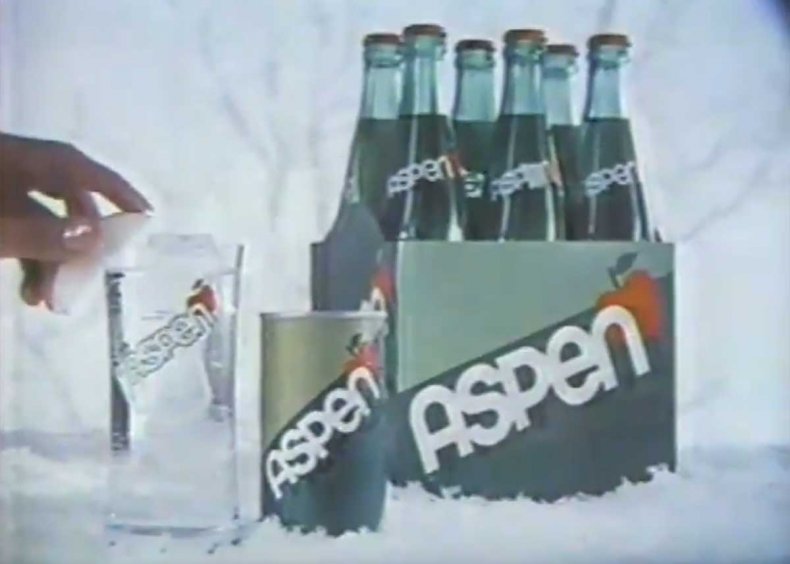
Released in 1978 by PepsiCo, Aspen Soda was an apple flavoured fizzy drink.
It lasted four years, when it was discontinued in 1982.
PepsiCo replaced it with the apple version of Slice, so it wasn't a total loss.
Storm
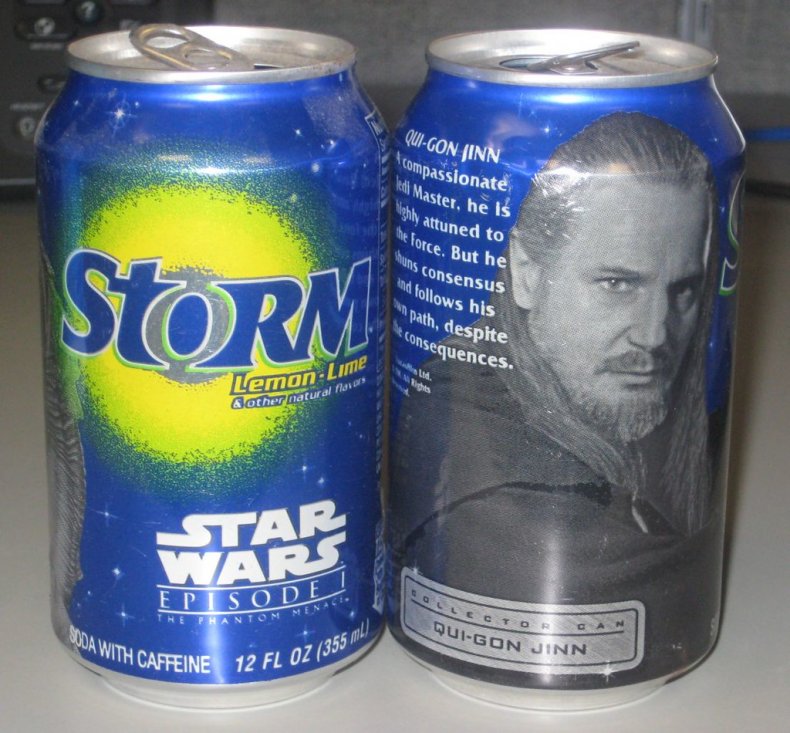
Another PepsiCo attempt at a lemon-lime drink, Storm—which contained caffeine unlike its rival Sprite—was introduced in 1998.
And PepsiCo went big on the advertising, with the company included Storm in its marketing of Star Wars: Episode I – The Phantom Menace, and cans featured pictures of characters from the movies.
and was discontinued in 2000 while still in the test market stage.
Like Soda
7 Up attempted to get into the cola market in 1982 with Like Soda, which contained 1 percent caffeine.
Its marketing push included a major sponsorship of one of the races in the 1983 Winston Cup: the Like Cola 500 at Pocono Raceway in Long Pond, Pennsylvania.
However, Like Soda's chances were hampered by many 7 Up bottlers that also bottled Coca-Cola and Pepsi, who refused to distribute the new drink.
It was discontinued about four years later.
Coca-Cola Energy
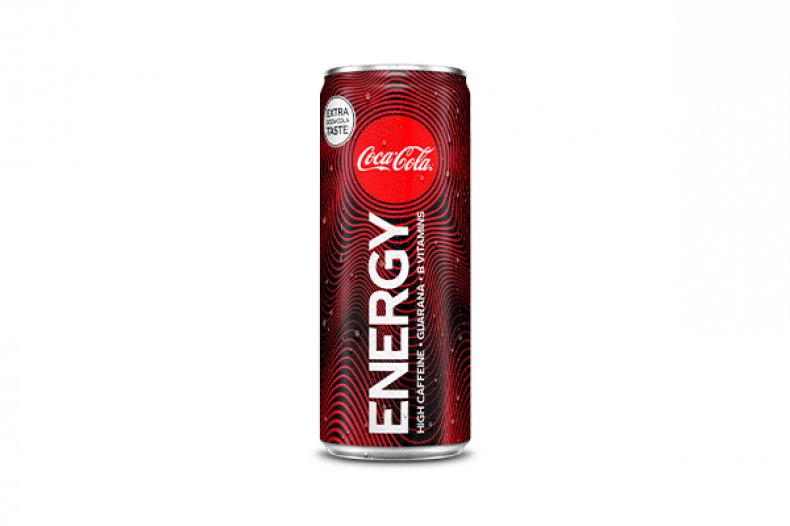
A recent casualty of drinks discontinuation is Coca-Cola Energy, which was axed back in May after a little longer than a year on the market.
Coca-Cola launched the energy drink in January 2020, boasting a "cola-forward taste" with 114 mg of caffeine per 12-oz serving.
However, the company has decided to focus on other caffeinated products, like Coca-Cola with Coffee.
A few other sodas no longer on the market...
Dr Pepper Berries and Cream
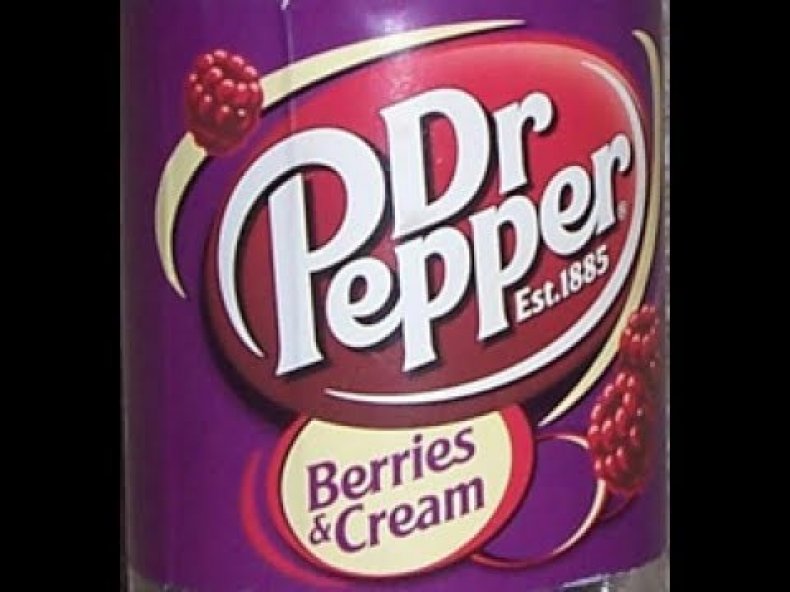
Dr Pepper plus Berries and Cream; what's the worst that could happen?
The unique soda began releasing newly flavoured versions in 2002 and in 2006, Berries and Cream was introduced as one of the brand's "Soda Fountain Classics" line.
Sadly for fans, the drink was discontinued the following year.